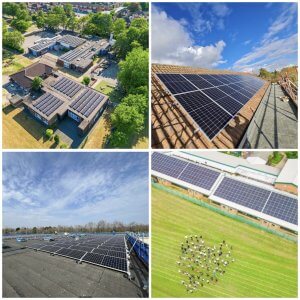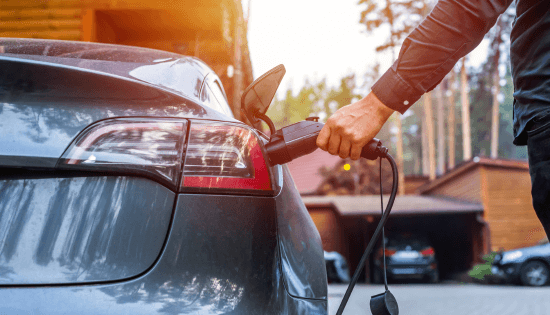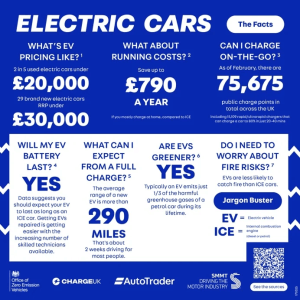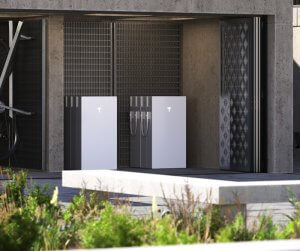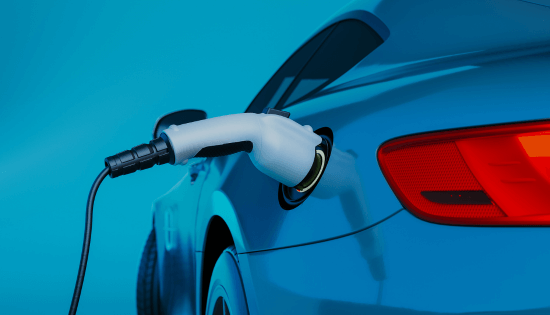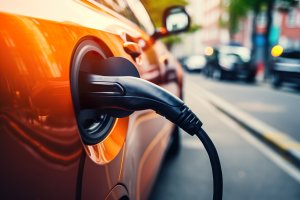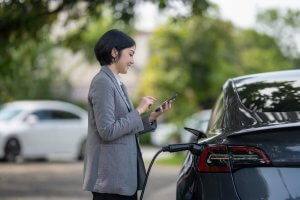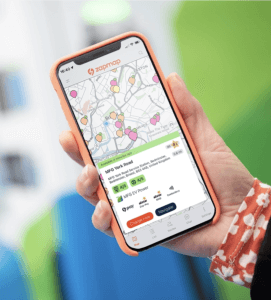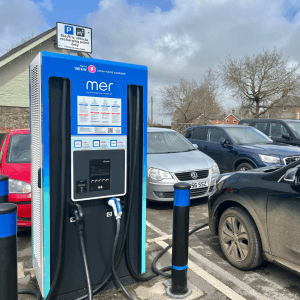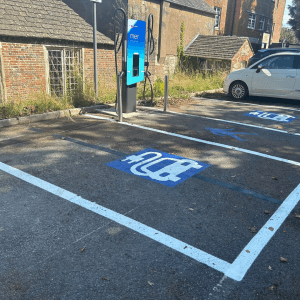New year, new car? Well, if you’re thinking of switching to an electric vehicle in 2025 and joining the other 1.36 million EV drivers on UK roads, the good news is that the number of public charge points across the UK has increased by 38% year on year.
Zapmap, who help EV drivers search for EV chargers, plan longer journeys and pay for charging. has just released its 2024 year-end report… and it’s official! It’s been a record-breaking year for EV Charging Infrastructure growth.
The total stands at 73,699 available charge points and by the end of 2024, over 2.5 million successful charging sessions were recorded monthly. This paints a positive picture about the reliability of EV charging infrastructure too.

Ultra-rapids lead the charge
Ultra-rapid charge points (150kW+) cater for EV drivers looking for a quick charge on longer journeys, and installations are booming! They’ve increased by 84% in 2024 (compared with the end of 2023) according to Zapmap’s data. Figures show around 7,000 ultra-rapid chargers are available, with over 14,000 chargers exceeding 50kW.
Hubs are on the rise
The number of hubs with six or more 50kW chargers has also risen from 264 in 2023 to 537 at the end of 2024. As we know only too well from our own hub installation work, the days of hubs being confined to Motorway Service Stations are long gone! Hubs are being rolled out in public car parks, retail parks, farm shops, garden centres, and a variety of other public locations. We’re excited to bring more hubs online in 2025, so watch this space!
Destination charging continues to grow
Convenience has always been king, and destination charging is still growing. That’s good news if you want to charge whilst shopping, going to the gym, or incorporating charging into your daily routine when you’re out and about. Over 12,000 new chargers have been added at these kinds of destinations in 2024, and more will be on the way this year. As we always say, it’s all about matching the right charger to the right location
and we’re pleased to be part of making this a reality.
On-street charging expands
On-street charging helps drivers without access to off-street parking, charge their electric vehicle at home. The quantity of available chargers has risen, but with 72% of on-street chargers concentrated in Greater London, the coverage of charging does remain uneven. We have experience in installing on-street charge points in the Boroughs of Hammersmith and Fulham, Kingston, Merton, and in other locations around the country including Reading, Winchester and Portsmouth.
We’re hopeful that the Government’s Local Electric Vehicle Infrastructure fund (LEVI) will address the inequalities, as projects supporting by that funding begin to be installed this year. 2025 will hopefully be the year of achieving a more equitable distribution of charge points!
As Joju CEO, Joe Michaels, commented:
“Diversifying the EV Charging landscape and making EV Charging more equitable is certainly one of the biggest challenges the industry is facing. We’re hopeful that LEVI-funded projects reaching local areas will mean greater public access to charging infrastructure by the end of the year, and that PCPR Consumer regulations will also have an impact. Our focus is to help local authorities and other destinations install the right chargers in the right location, delivering the best possible EV Charging experience for EV drivers across the country.”







